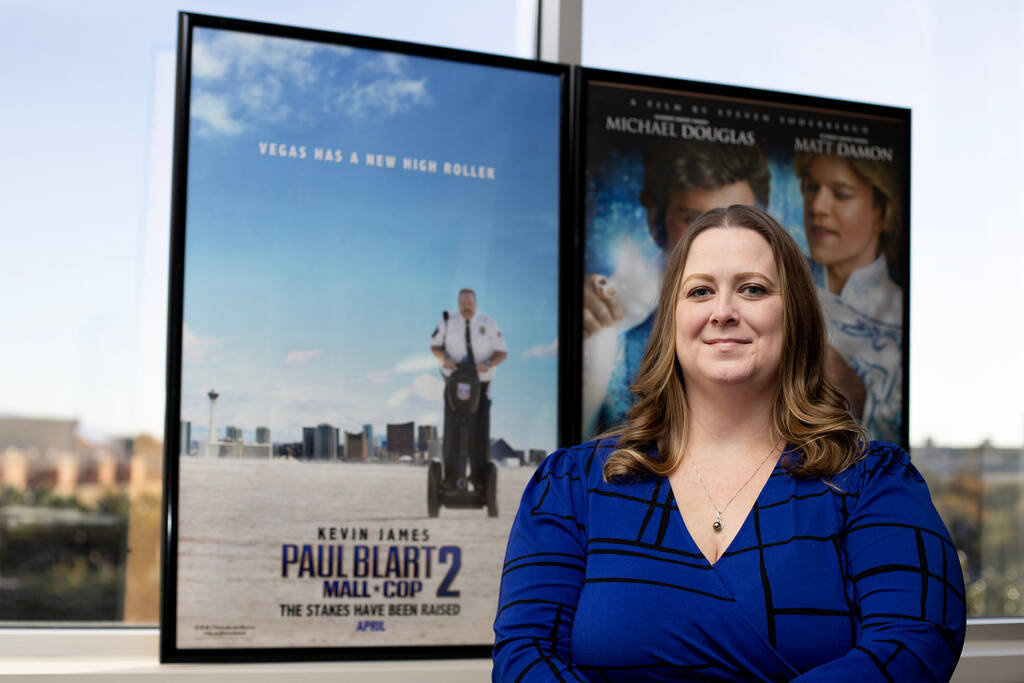More movies in Las Vegas? Panelists make pitch for tax credits

Film industry experts called for an expansion of the state’s film tax credit program during a panel Wednesday evening.
The panelists, including Nevada Film Office Director Kim Spurgeon, filmmaker Jay Torres and Vision Vegas CEO Jason Soto, said an expansion of the state’s film tax credits is important to the future of Southern Nevada’s burgeoning film industry.
“Now is the time,” Torres said to elected officials in the audience. “The industry would explode here at a rate that I don’t think anyone can imagine if the tax incentives are put in place.”
It’s not a new call. Just last year, lawmakers introduced a bill that would have massively expanded the state’s film tax program to $190 million every year for the next two decades. And $175 million of the transferable tax credits would have been available to companies that produced content at two proposed sites in Las Vegas.
Under the proposal, the tax credits could have reached over $4 billion by the end of the program.
The bill died without a vote in either house. Some opponents to the bill, which included progressive groups and the Nevada Republican Party, argued that the funds should be directed to support schools and health care.
But panelists said the expansion of the current program would support the growth of local businesses.
“These programs don’t exist to capture the state tax. They exist because people have proven the value that productions bring to a local economy,” Spurgeon said. “The whole community benefits because of how much money is spent.”
Beyond the lure of tax credits, Las Vegas itself makes it competitive with other havens for production companies, panelists said.
The city’s proximity to Los Angeles, for one, means it’s both close to Hollywood’s established infrastructure and closer to home for actors and staff than other places with tax credit programs, such as New Mexico and Georgia.
Las Vegas also naturally attracts talent, making it easier to get big names to participate in projects happening here, panelists said.
“There is a workforce that have transferable skills because of the destination entertainment and location based entertainment, with a lot of those skill sets (that) can easily transfer,” Torres said.
But the state has drawbacks too. Las Vegas lacks the necessary infrastructure to support the industry, Spurgeon said.
“We can’t compete with the resources that L.A. has. And that’s why you see a lot of that stuff brought in, but it’s a Catch-22,” Kim said. “We don’t have the work here to demand that those businesses locate here.”
And the lack of opportunity in Las Vegas means Southern Nevada students interested in the film industry often have to move elsewhere, meaning the state is losing its homegrown workforce, UNLV Associate Dean Warren Cobb said.
The event, which was hosted at District North on South Third Street, was part of an ongoing series of events hosted by UNLV’s Center for Business and Economic Research.
Contact Taylor R. Avery at TAvery@reviewjournal.com. Follow @travery98 on X.